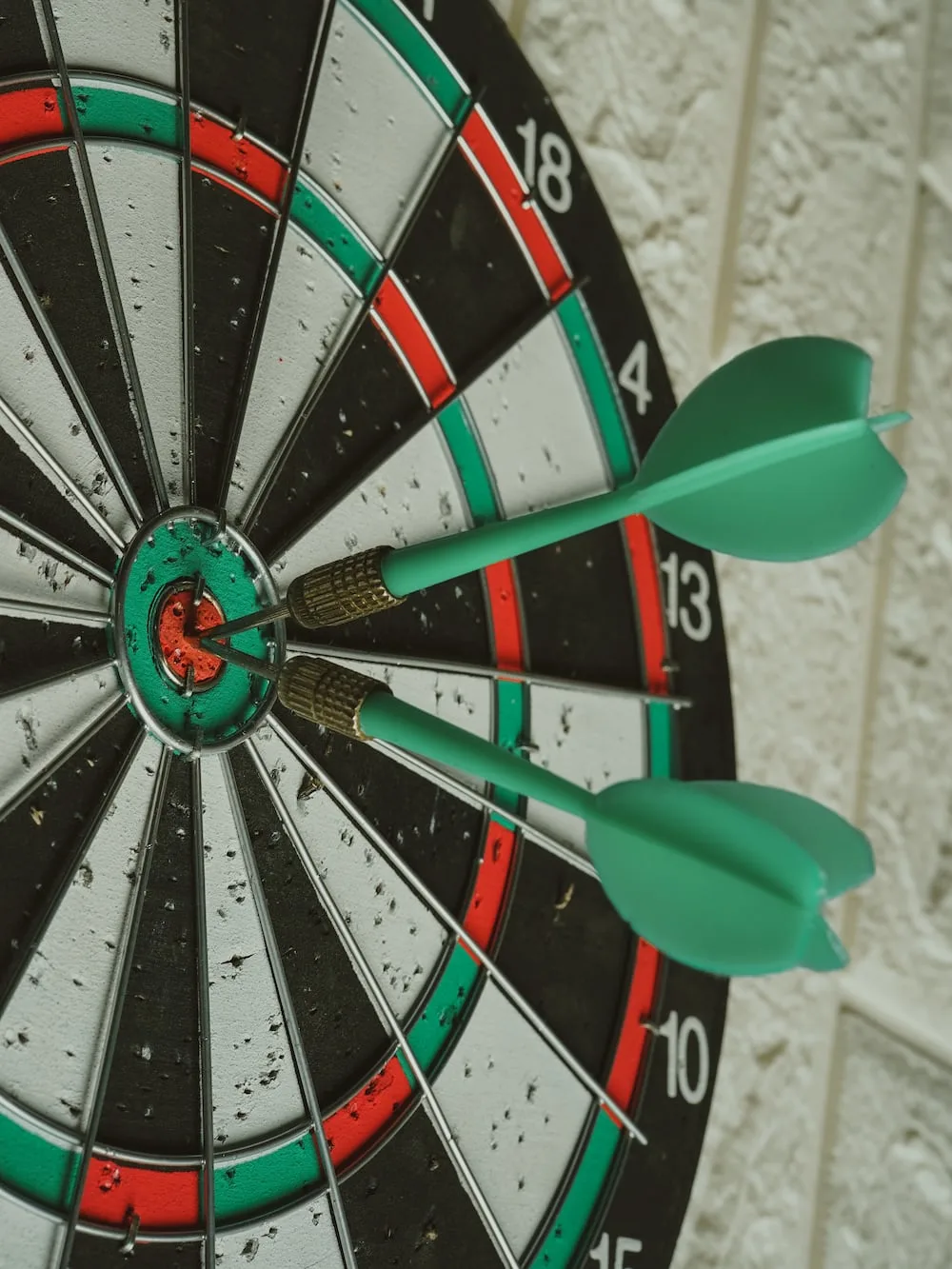The main aim of kindergarten is to provide young children with a foundation for their future learning and development. Kindergarten typically serves as the first formal education experience for children between the ages of 3 to 5 years old.
The primary goals of kindergarten are to:
Develop social and emotional skills: Kindergarten provides opportunities for children to learn how to interact with others, share, and work cooperatively. They also learn how to follow rules and routines, resolve conflicts, and manage their emotions.
Develop cognitive and academic skills: Kindergarten helps children to develop essential cognitive and academic skills such as early literacy, numeracy, problem-solving, critical thinking, and creativity. They learn through play, exploration, and hands-on activities.
Foster physical development: Kindergarten also aims to promote physical development, including gross and fine motor skills, and encourages children to participate in physical activities such as games, dance, and outdoor play.
Cultivate curiosity and love for learning: Kindergarten provides children with opportunities to explore the world around them, ask questions, and discover new things. This helps to foster curiosity and a love for learning that can set the stage for their future academic success.
Overall, the main aim of kindergarten is to provide a supportive and nurturing environment that fosters young children’s growth and development in all areas of their lives.


